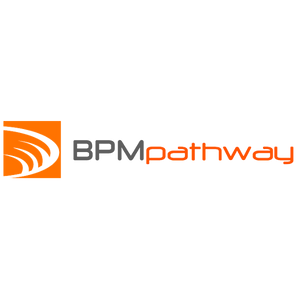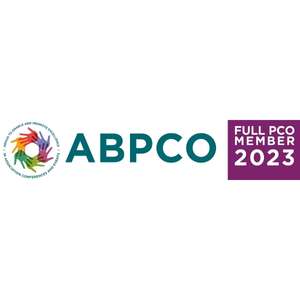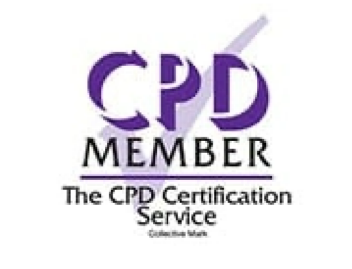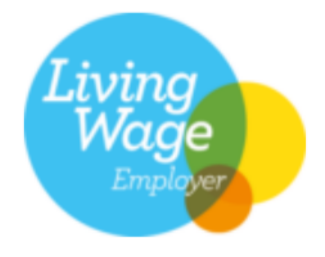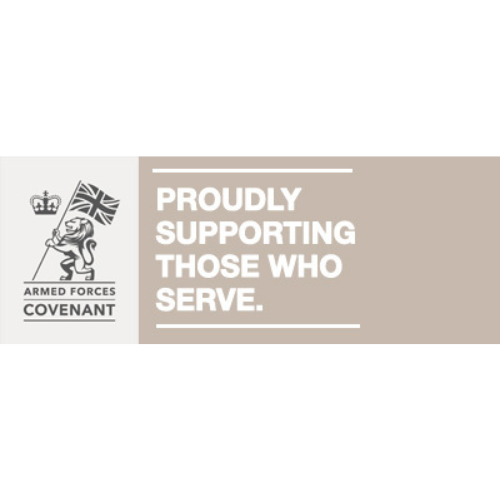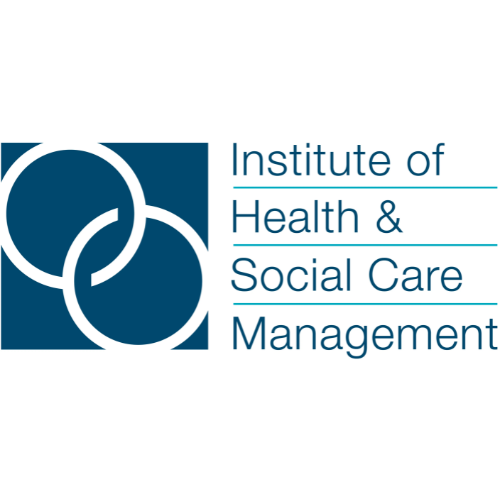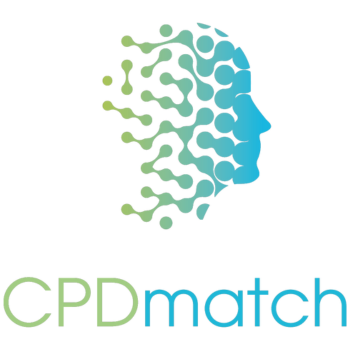The Blueprint for improved Patient Safety: Virtual Patient Safety Conference
The COVID-19 pandemic is presently among the biggest challenges and threats to face the world and humanity, and health care is living its greatest crisis in patient safety ever! The pandemic has exerted unprecedented pressure on health systems worldwide. Health systems can only function with health workers, and a knowledgeable, skilled and motivated health workforce is critical for the provision of safe care to patients. World Health Organisation
Every year, avoidable harm leads to the deaths of thousands of patients. Unsafe care also causes the long-term suffering of tens of thousands and costs the health service billions of pounds. Some great progress has been made over the last 20 years, but patient safety remains a persistent problem. It has been advised that health and social care need to think and act differently to make the transformational change needed to realise a patient-safe future.
The patient safety learning: A blueprint for action paper provides details of six evidence-based foundations for action to address the causes of unsafe care:
- Shared learning for patient safety: Organisations should set and deliver goals for learning from patient safety, report on progress and share their insights widely.
- Leadership for patient safety: A call for overarching leadership for patient safety across the health and social care system
- Professionalising patient safety: Standards and accreditation for patient safety need to be developed and implemented
- Patient engagement for patient safety: We will work with the health and social care system to encourage and support the actions necessary to achieve fully valued patients, Ongoing funding, training and development of patient safety staff
- Data and insight for patient safety: Models for measuring, reporting and assessing patient safety performance are needed that include quantitative as well as qualitative data
- Just Culture: All health and social care organisations should develop programmes and publish goals to eliminate blame and fear, introduce or deepen a Just Culture and measure and report their progress
These foundations form a blueprint for action.
The Blueprint for improved Patient Safety: Virtual Patient Safety Conference will provide a timely opportunity to listen, learn and engage directly with some of the leading patient safety experts in the UK and Europe, with interactive speaker sessions, workshops and roundtables all from your house or remote location.
- Core event topics include:
- Missed and delayed diagnoses
- Preventing deterioration & sepsis
- Maternity & Neonatal Safety Improvement
- Simulation in Healthcare
- Incident reporting
- Learning from death
If you are interested in learning about the latest developments in patient safety, this event will provide you with a high-value experience.
Register for The Blueprint for improved Patient Safety: Virtual Patient Safety Conference.
We are advising ALL attendees to attend the event via personal laptop or mobile device (Non-NHS Device)
We have noticed that NHS Devices are making it more difficult to view event content.
To maximise the chances of viewing content:
- Attend via a NON-NHS Device
- Attend the event via the Convenzis APP (where possible)
- Connect via your personal WI-FI (NON-NHS)
- Attend the online platform via the google chrome web browser
The Blueprint for improved Patient Safety: Virtual Patient Safety Conference












